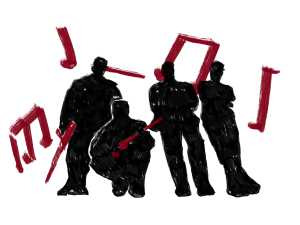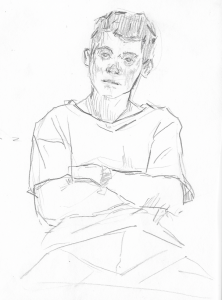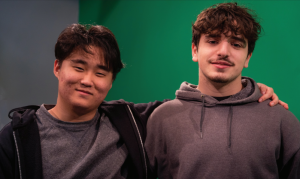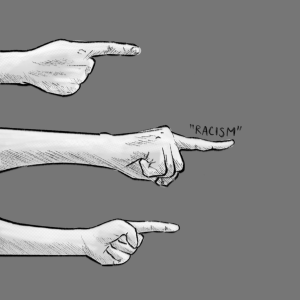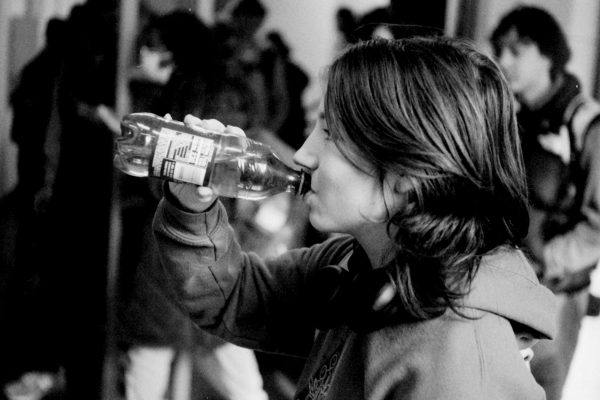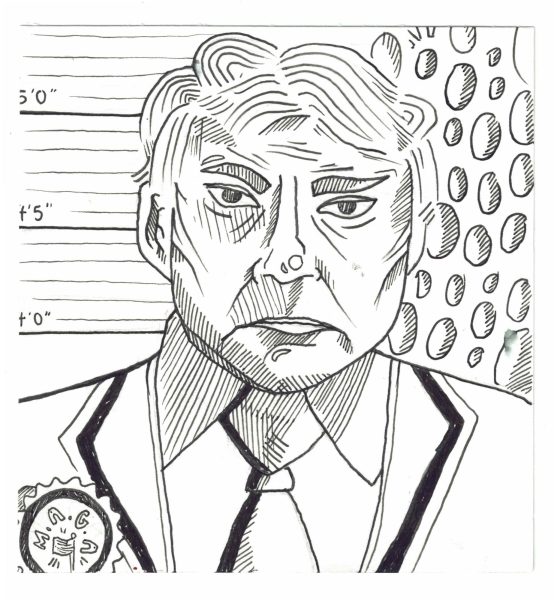Diplomacy in an Age of Globalization
CRLS Takes Part in Historic Model UN Conference
March 26, 2020
“Any points or motions on the floor?”
“Motion to open debate.”
“All those in favor?”
Shuffling of placards.
“The motion passes.”
These were the words marking the beginning of the sixty-seventh session of the Harvard Model United Nations conference. This year, CRLS students took part in a historic conference, with over 4,000 participants from 270 schools and 50 different countries, addressing some of the most serious challenges in international relations.
Harvard Model United Nations (HMUN) is an annual, four-day simulation of the United Nations for high school students around the globe. At HMUN, students— referred to as delegates—gain insight into the dynamics of international relations and the workings of the United Nations by assuming the roles of world leaders and decision-makers. Over the course of the conference, CRLS students were challenged to think as delegates of Egypt and to positively act upon the responsibilities that came with that role, to imagine a better world, and to work with others to achieve it.
Every Friday morning since the beginning of this year, CRLS students have been working hard (physically too—MUN is on the 5th floor) to prepare for this conference. Club leaders and experienced members have helped immerse newcomers in this unique activity by practicing debate and helping write position papers (pieces of writing describing a country’s position on the topics of the committee session).
An instrumental part of HMUN is understanding the viewpoint of your country, sticking with it, and advocating for it no matter how different it is from your own personal beliefs. This is crucial to the MUN experience, as it teaches delegates how to empathize with opposing viewpoints, and ultimately to have a new perspective on global issues. As club co-leader Oscar Benedek ’21, puts it, “Even communities such as Cambridge are closed off from views that are not held by the majority. While you may not agree with opposing views, they are important to acknowledge and learn more about in order to understand where people, who hold opposite views from your own, are coming from.” Model UN provides this opportunity by encouraging interactions between students internationally.
According to experienced MUNer and club aid, Mr. Nicholas Yeh, who has been practicing the art of debate in these circumstances for twelve years, “The most important lesson from MUN is the importance of bringing people to the table. In our day and age, we see our leaders constantly mock, scorn, belittle each other and thereby ruin opportunities to collaborate, discuss, share and compromise.” MUN is about taking away the potential individuality of a student, and instead, having them take on the role of a country to work together.
Students who attend HMUN debate issues on a global scale, demonstrating exceptional capacities to collaborate and negotiate with fellow delegates on some of the most divisive issues. Perhaps the greatest educational opportunity lies in the lessons brought by delegates coming from radically different backgrounds from all around the world. To sum up, as club advisor Mr. Brendon Kells put it, “Students are learning more real-world social competency skills, how to form a bloc, cooperate, communicate, and most importantly, interact cross-culturally.”


